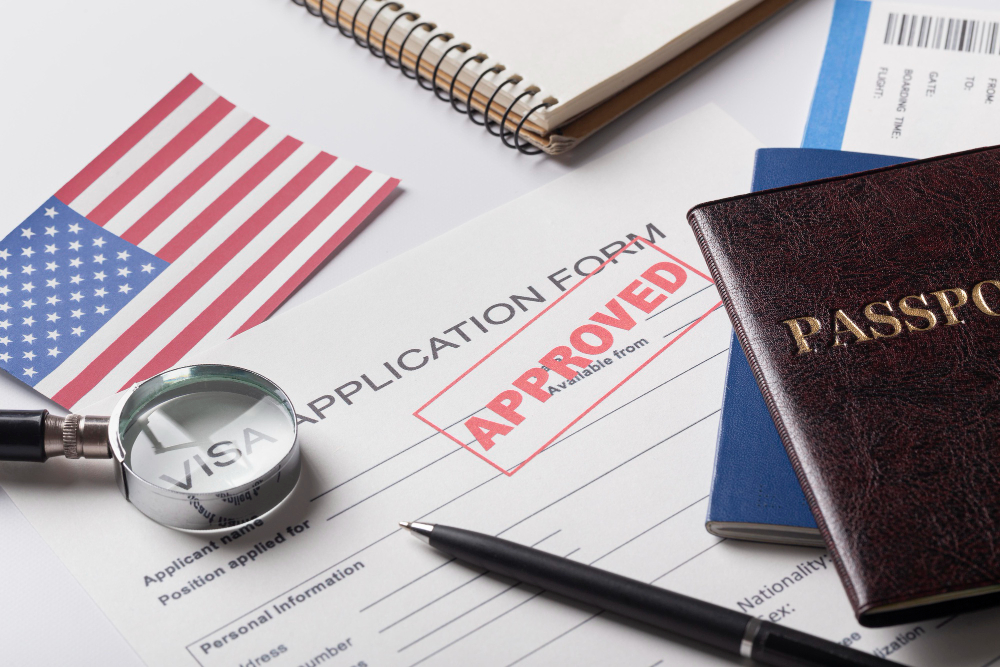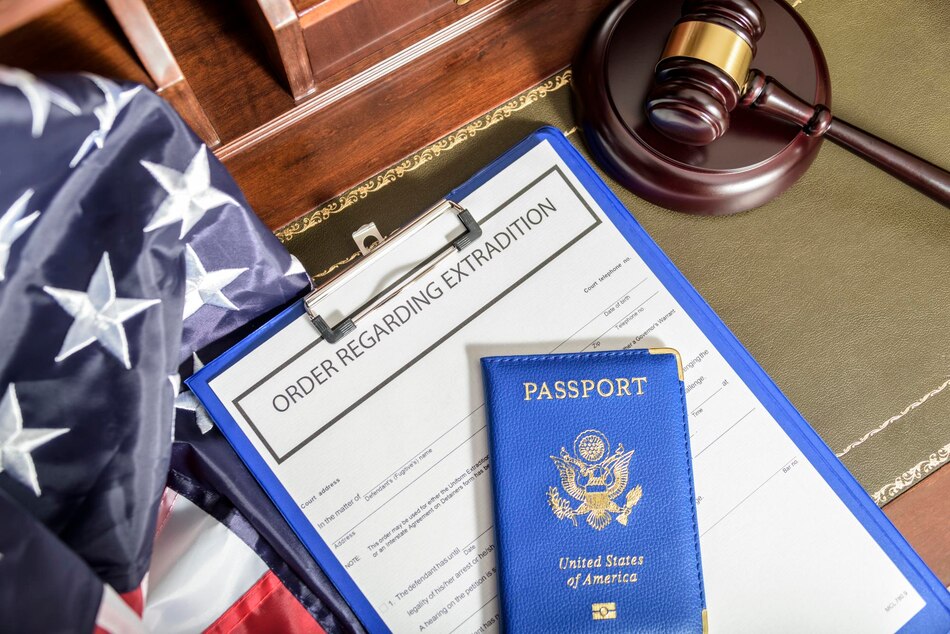Introduction (Study of Immigration Policies Worldwide)
In an era marked by globalization, the movement of people across borders has become a defining feature of the 21st century. Immigration policies, shaped by complex socio-political, economic, and humanitarian considerations, vary significantly from one country to another. This blog aims to provide a comprehensive study of immigration policies worldwide, delving into the diverse approaches nations take to manage the ebb and flow of people across their borders.
Defining Immigration Policies

Immigration policies encompass a range of regulations and measures designed to govern the entry, stay, and rights of non-citizens within a country. These policies are influenced by a myriad of factors, including economic needs, national security concerns, cultural considerations, and humanitarian principles.
1. Economic Drivers
Many countries tailor their immigration policies to address economic needs. Skill-based immigration systems have gained prominence, with nations seeking to attract individuals with specific talents and expertise. Points-based systems, common in countries like Canada and Australia, assign scores based on education, language proficiency, and work experience, providing a streamlined path for skilled workers.
2. Humanitarian Considerations
Humanitarian concerns are a pivotal aspect of immigration policies, particularly in the context of refugees and asylum seekers. Nations adhere to international conventions and treaties to provide protection and assistance to those fleeing persecution, conflict, or natural disasters. However, the implementation of these principles varies, leading to disparities in refugee resettlement and asylum processes.
3. National Security Measures
In an increasingly interconnected world, national security considerations heavily influence immigration policies. Striking a balance between facilitating the movement of people and safeguarding against potential threats poses a significant challenge. Stringent background checks, biometric screenings, and visa vetting procedures are common features in countries with a strong emphasis on security.
4. Family Reunification Policies
Family reunification is a cornerstone of immigration policies, allowing citizens and permanent residents to sponsor family members for immigration. The definition of family and the criteria for sponsorship, however, vary widely. Some countries prioritize nuclear families, while others extend sponsorship to a broader range of relatives.
5. Changing Landscape: Global Nomadism and Digital Workspaces
The rise of global nomadism and the increasing prevalence of remote work have challenged traditional notions of immigration. Countries are reevaluating policies to accommodate individuals who may not fit the conventional immigrant profile but contribute significantly to the knowledge economy. Digital nomads, for example, may seek visas allowing them to work from a destination of their choice.
Challenges and Controversies

While immigration policies aim to address a multitude of issues, they are not without challenges and controversies. Issues such as xenophobia, discrimination, and the exploitation of migrant labor persist. The question of how to strike a balance between economic needs, humanitarian obligations, and national security remains an ongoing debate.
The Impact of COVID-19 on Immigration Policies
The global COVID-19 pandemic has added a new layer of complexity to immigration policies. Travel restrictions, border closures, and health-related considerations have led many countries to reassess and adapt their immigration measures. The pandemic has underscored the interconnectedness of global health and immigration systems.
Conclusion: Towards Inclusive and Adaptive Policies
As we navigate the intricate landscape of immigration policies worldwide, it becomes evident that no one-size-fits-all solution exists. The ongoing challenge for nations is to develop policies that are not only responsive to their unique circumstances but also adhere to principles of fairness, inclusivity, and respect for human rights. A comprehensive study of immigration policies provides insights into the evolving dynamics of a world on the move, seeking a delicate equilibrium between openness and regulation.
Frequently Asked Questions (FAQ) – Navigating Borders: A Comprehensive Study of Immigration Policies Worldwide
1. Why do countries have different Study of Immigration Policies Worldwide?
- Immigration policies are shaped by a variety of factors, including economic needs, humanitarian concerns, national security considerations, and cultural values. Each country tailors its policies to address its unique circumstances and challenges.
2. How do skill-based immigration systems work?
- Skill-based immigration systems assign points to individuals based on factors such as education, language proficiency, and work experience. Those with higher scores are given preference for Study of Immigration Policies Worldwide, especially in countries like Canada and Australia.
3. What role do humanitarian considerations play in Study of Immigration Policies Worldwide?
- Humanitarian considerations are crucial, particularly in the context of refugees and asylum seekers. Countries adhere to international conventions to provide protection and assistance to those fleeing persecution, conflict, or natural disasters.
4. How do countries balance national security with facilitating Study of Immigration Policies Worldwide?
- Balancing national security with facilitating immigration involves stringent background checks, biometric screenings, and visa vetting procedures. Countries aim to protect their borders while allowing the movement of people for legitimate reasons.
5. What is family reunification, and how does it vary globally?
- Family reunification is the process by which citizens and permanent residents can sponsor family members for Study of Immigration Policies Worldwide. The definition of family and the criteria for sponsorship vary among countries, with some prioritizing nuclear families and others including a broader range of relatives.
6. How are Study of Immigration Policies Worldwide adapting to global nomadism and remote work?
- The rise of global nomadism and remote work has prompted countries to reassess immigration policies. Some are exploring visa options for digital nomads, acknowledging the changing nature of work and the desire for flexible lifestyles.
7. What challenges and controversies surround Study of Immigration Policies Worldwide?
- Challenges include issues like xenophobia, discrimination, and the exploitation of migrant labor. Controversies often revolve around finding the right balance between economic needs, humanitarian obligations, and national security concerns.
8. How has the COVID-19 pandemic impacted Study of Immigration Policies Worldwide?
- The pandemic has led to travel restrictions, border closures, and health-related considerations affecting immigration policies. It has highlighted the interconnectedness of global health and immigration systems, prompting countries to adapt to the new normal.
9. Are there efforts to create more inclusive and adaptive immigration policies?
- Yes, many countries are recognizing the need for more inclusive and adaptive immigration policies. Efforts include revisiting visa categories, exploring pathways for skilled individuals, and addressing challenges associated with migration and displacement.
10. How can individuals stay informed about changes in immigration policies?
- Individuals can stay informed by regularly checking official government sources, immigration websites, and seeking updates from reliable news outlets. Consulting with legal professionals specializing in immigration law can also provide valuable guidance on policy changes.











